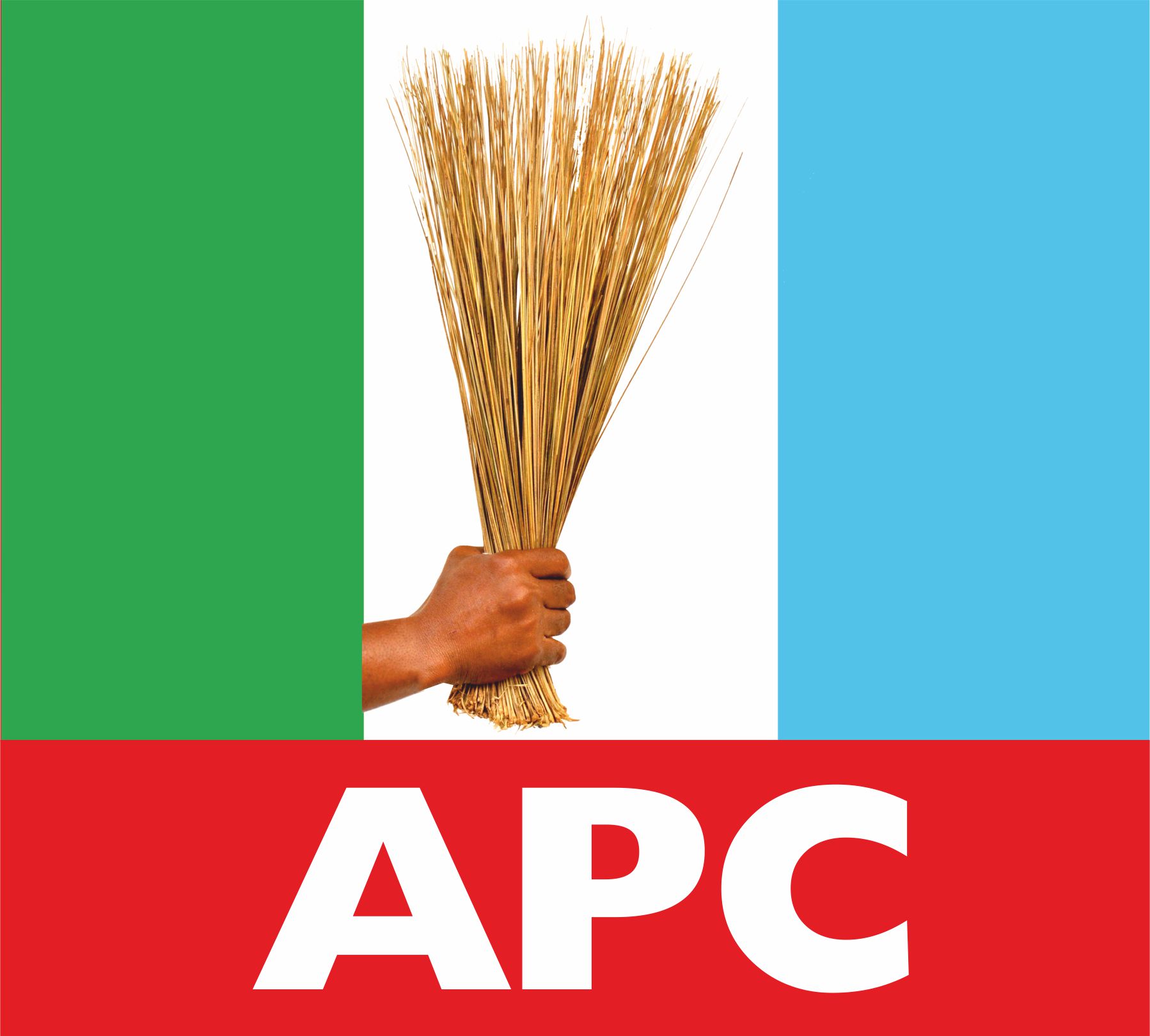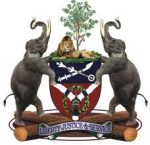True Federalism: APC’s Report And The Path To Change


By Amabipi John
Debates on Nigeria’s structure, system of government and terms of continued union are as old as the country itself. However, in the past few months, it has gained new relevance in the political landscape with “restructuring” becoming an instant buzz word and subject of every political commentary.
In reaction, the ruling All Progressives Congress formed a committee chaired by the governor of Kaduna state, Mallam Nasir El-Rufai, and tasked it to distil the true intent and definition of “true federalism”, as well as provide recommendations to the National Working Committee that would serve as a guide in honoring the contract the party entered with Nigeria to create a federalism “with more equitable distribution of national revenue to the states and local governments”, to foster a ground-up approach to economic development and growth.
Unsurprisingly, the decision was greeted with scepticism. Owing to previous experiences, Nigerians are no longer fazed by government committees as they often turn out to be a jamboree for party members or friends of the government, who show up only to echo and rationalize positions favorable to the government of the day, leaving it with no obvious task or challenge to take on afterwards. After all, just barely four years ago, one of such national conferences gulped billions of Naira and gave us nothing more than piles of paper gathering dust in offices across the country.
The method of the El-Rufai-led committee, however, won over doubters. To ensure that the final report of the committee represents the views and demands of Nigerians living in all regions of the country, the committee held public hearings in the six geo-political zones and, deliberately, drew its participants – both as members of the committees and audience at the public hearing – to mirror the demography of the country, with no special bias for party or political affiliation.
Even more surprisingly, the party, in the final report presented to the public on Wednesday in Abuja, placed the government it constitutes on its toes with some of its recommendations. An example of this is the position of the committee on devolution of powers. It was recommended that the party should throw “its political weight behind overwhelming popular demand for devolution to states by the federal government” to solve the problem of “enormous exclusive legislative powers of the federal government with resultant over-centralization of power and authority.”
While this is both a rational and obvious move given the bogus Exclusive Legislative List of the country which renders state powerless and stalls development, a change has remained elusive as a result of the fondness of “federal might” displayed by previous governments. That a committee of the ruling party is advocating for this change shows good intentions and perhaps, a true commitment to shelf narrow partisan ambitions for national growth and development.
Other recommendations include the maintenance of the presidential system of government but a serious review of cost of governance and clamp down on corruption, provision of legal framework for interested states to cooperate and form a regional arrangement as long as the existence and unity of the country isn’t threatened, and the replacement of ‘indegeneship’ or ‘state of origin’ with ‘domicile’ to prevent tribal segregation.
Most certainly, the ideas/recommendations are not new. Some have been pushed forward in times past either by individuals or groups, but what stands out the committee’s reports is that it went further to state, step-by-step, how these recommendations can be implemented. The second volume of the report highlights actions which need to be taken by the Executive and the Legislature in order to achieve implementation. The committee even went to the extent of drafting bills to amend the relevant sections of the Constitution.
It is in the implementation process that the biggest challenge of the report is made obvious as the changes required cannot be achieved without the agreement and political will of all independent arms that make up the government. Amongst others, it begs the question; will the opposition support the laudable initiatives recommended by this committee in the interest of national progress?
Ultimately, with the report made public alongside the specific arms of government responsible for implementing the recommendations, the committee has armed Nigerians, alongside civil society, with a formidable tool to press home their demands should things stall. And this a good place to start.








